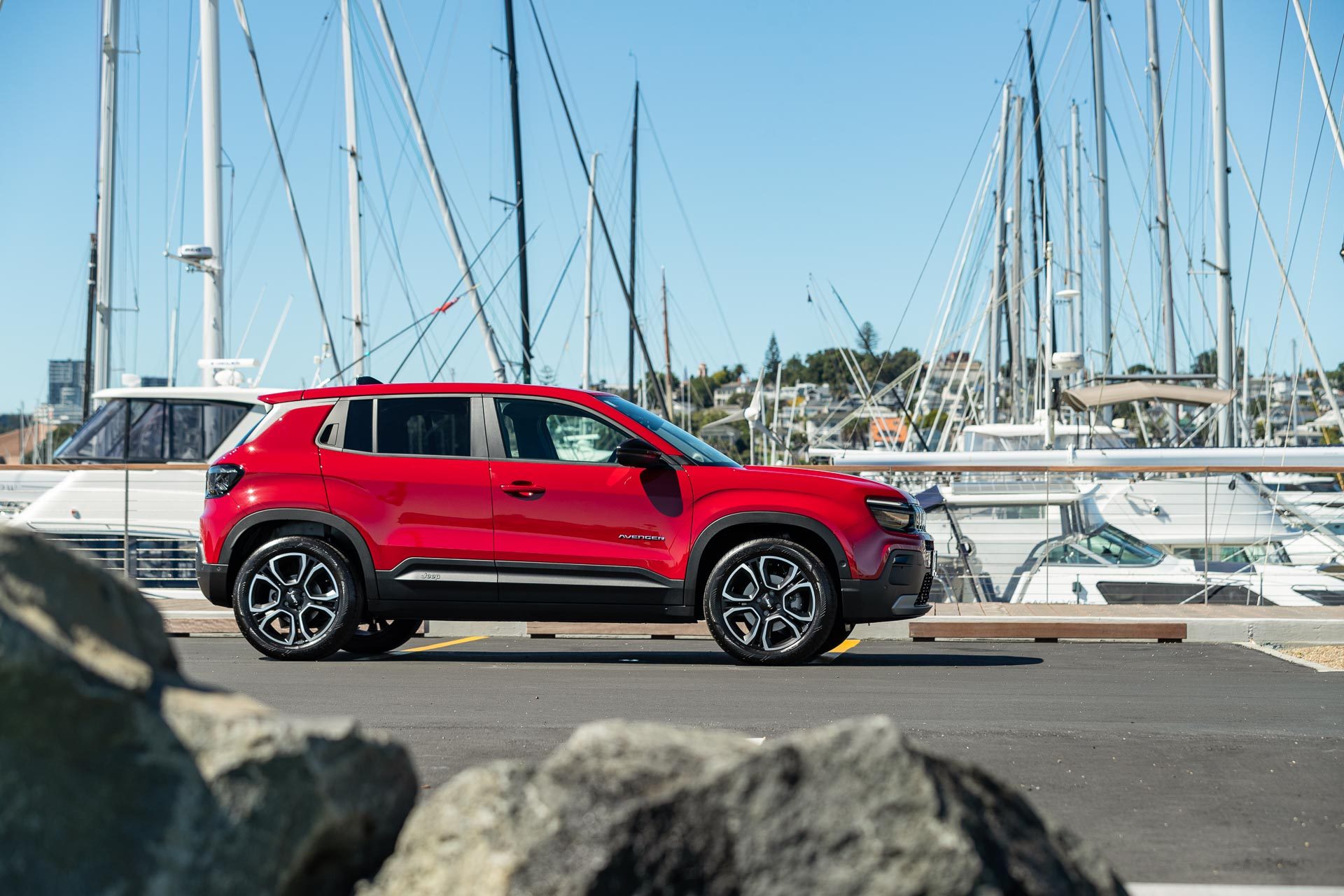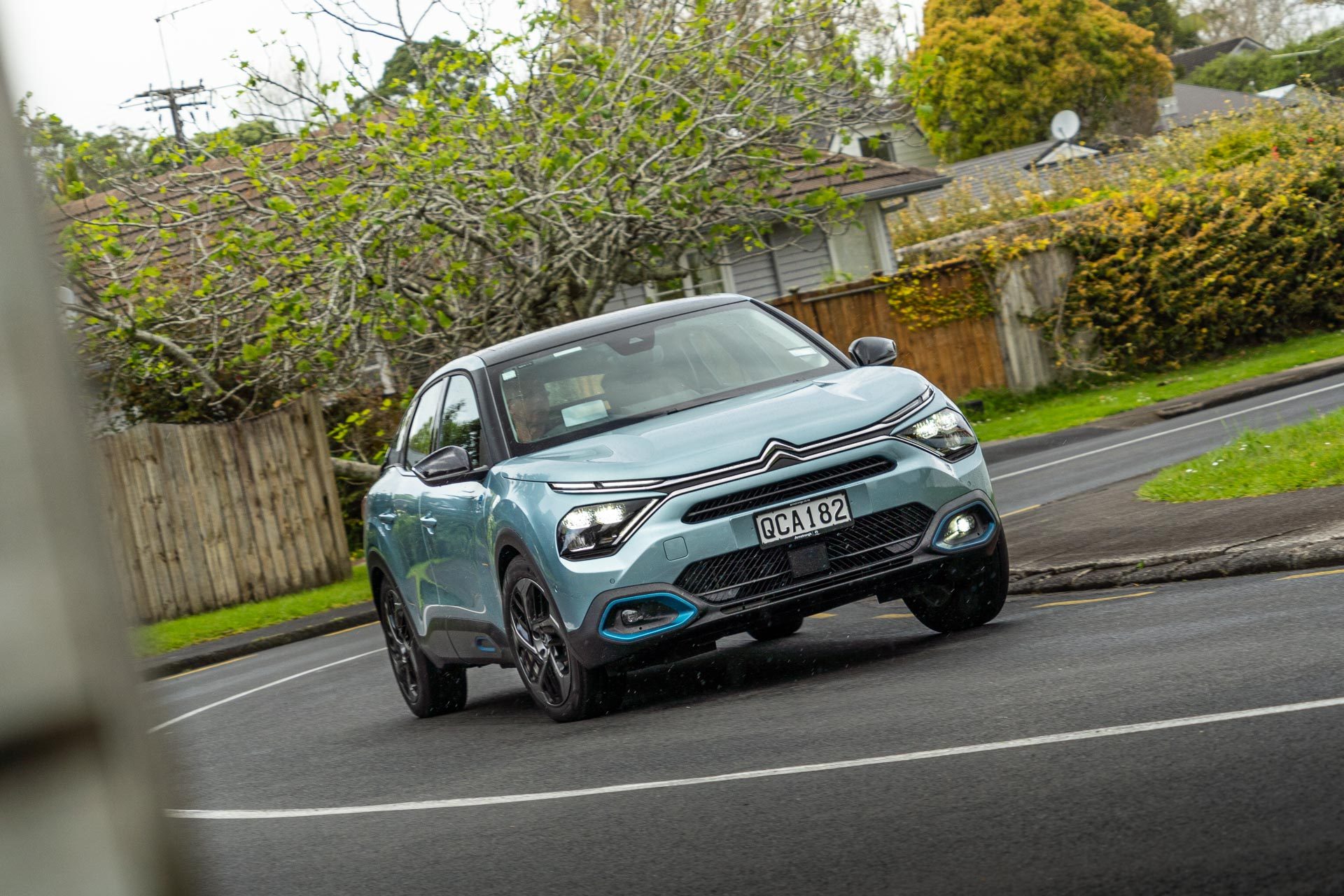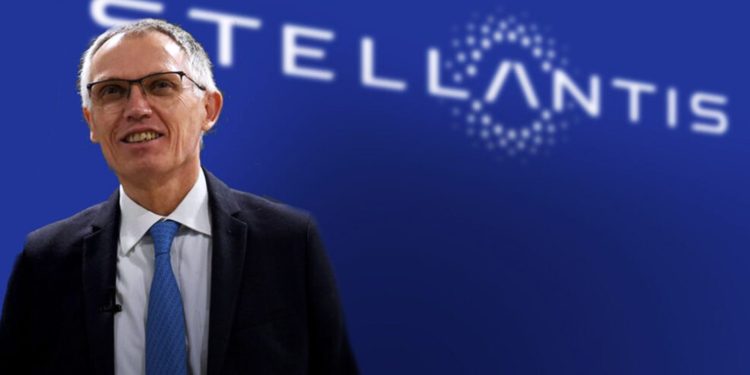Tavares Gone, New Rudder For Stellantis Sought
Words/images NZ Autocar
Stellantis CEO Carlos Tavares has stepped down unexpectedly, more than a year before his scheduled retirement.

Tavares has led the 14-brand automotive giant since it was formed in 2021. Prior to that he turned around and steered the PSA Group for seven years.
Tavares was due to retire in 2026, as part of a management shake-up aimed at stabilising the company’s finances. The search for his successor had already begun.
However, Tavares tendered his resignation to company chairman John Elkann today “with immediate effect”. Elkann will be part of an interim steering committee until a successor is found. Stellantis says it will elect a new head as soon as it can.

A company director, Henri de Castries, said: “Stellantis’ success since its creation has been rooted in a perfect alignment between the shareholders, the board and the CEO. However, in recent weeks different views have emerged. These have resulted in the board and the CEO coming to today’s decision.”
Stellantis recently slashed its profit forecast for the year and warned of reduced share dividend payouts. Sales have dropped in the North American market. Performance elsewhere has been adversely affected by sliding EV demand and increasing Chinese competition.

Stellantis had expected a generous profit for 2024 but in September revised its forecast downwards. This is the first case of the speed wobbles the company has experience since its formation in 2021.
Following the September announcement Tavares overhauled the leadership team. He replaced the CEOs of Maserati and Alfa Romeo, and the North American COO. He also appointed a new CFO and a new Stellantis chief in China.

In this tough scenario, Tavares said “we must adapt and prepare ourselves for the future…to deliver clean, safe and affordable mobility.”
He also criticised the UK’s zero-emission vehicle mandate, which he believes could “kill” the domestic car industry. Prior to that, however, he had been a supporter of the ZEV mandate. Back then he said it forced his company to make better cars.

At the Paris motor show he added that Stellantis would have to make a “correction” to its UK business. That was because of the zero-emission vehicle scheme’s impact on company profitability. The scheme orders car makers to achieve an EV sales mix of 22 per cent in 2024, rising each year to 80 per cent by 2030. Otherwise they face heavy fines for every non-electric car sold.
And last week Stellantis said it plans to close its small van factory in Luton, with 1100 jobs on the line. Luton’s production operations will move to Ellesmere Port where it will create a sustainable EV hub.

Stellantis chairman Elkann said: “Our thanks go to Carlos for his years of dedicated service and the role he has played in the creation of Stellantis, in addition to the previous turnarounds of PSA and Opel….
He added that the new team “will ensure the continued deployment of the company’s strategy in the long-term interests of Stellantis and all of its stakeholders.”





